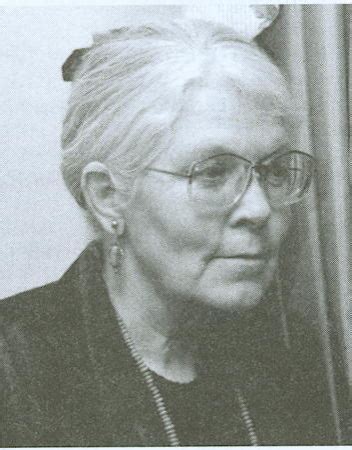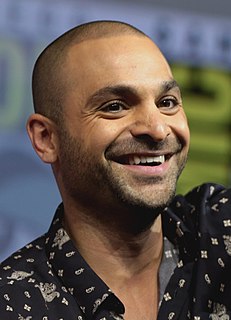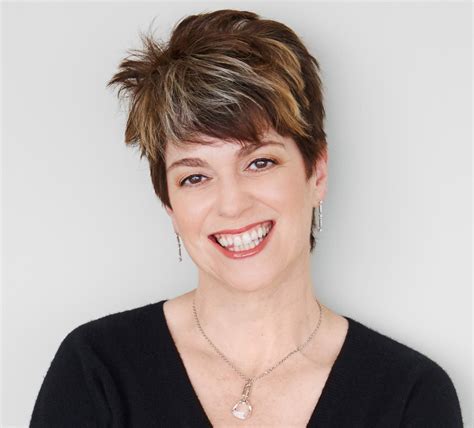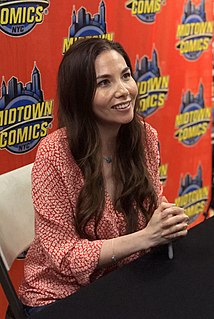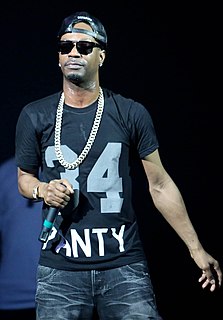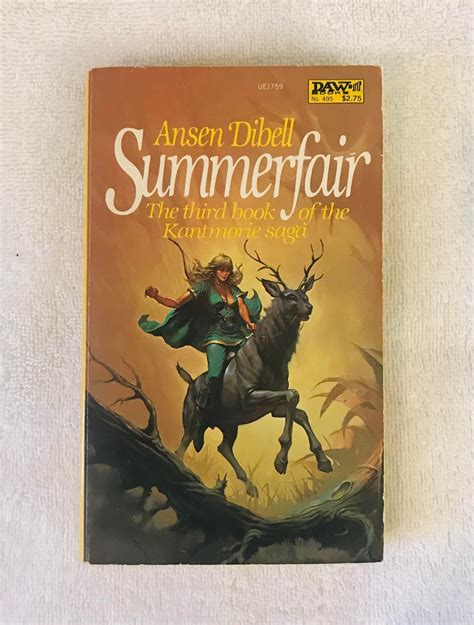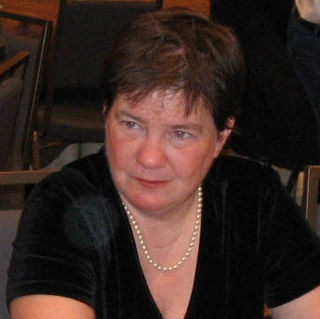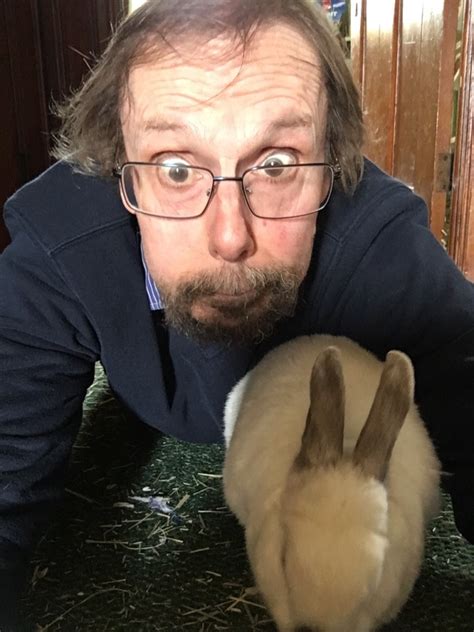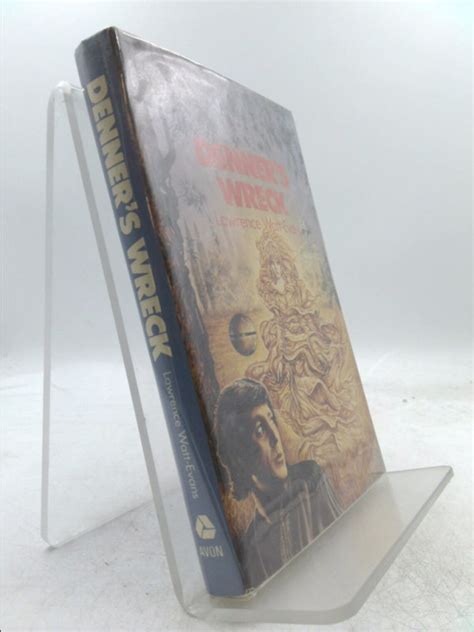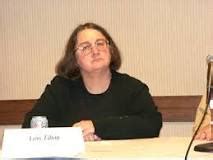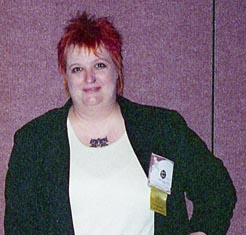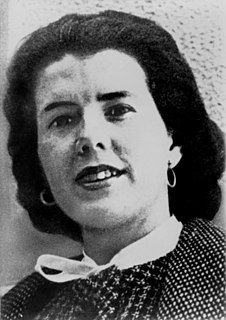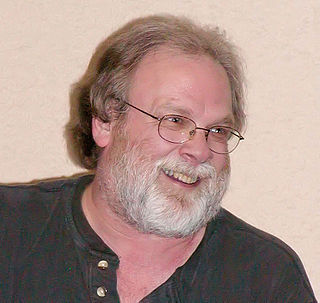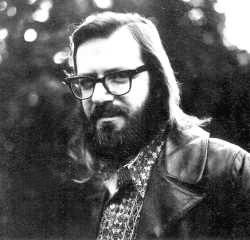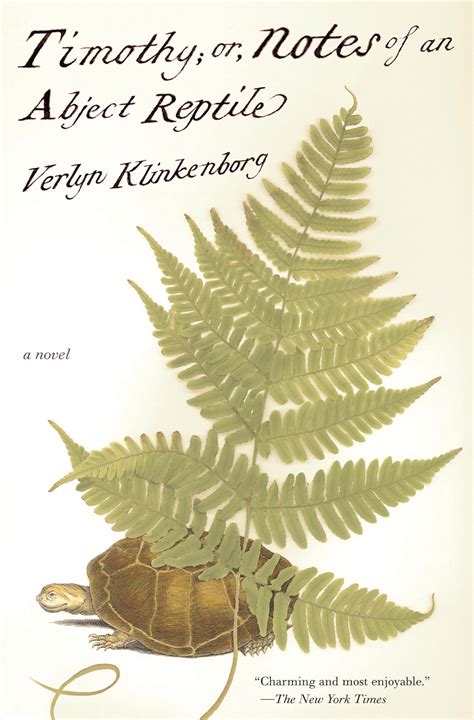A Quote by Suzette Haden Elgin
This is what happens when the discourse of publishing, defined and driven by spoken and written language, is talked about in exactly the same vocabulary and syntax as any widgetmaking industry. Books are reformulated as 'product' - like screwdrivers or flea-bombs or soap - and the majority of writers are perceived as typists with bad attitudes.
Related Quotes
I started out writing romance novels, and that's a side of publishing that's very female oriented. 99.9% of the writers are women, most of the editors are women, and these are books written for the female gaze. And so my point of view - the way I looked at fandom and publishing and writing - was all about women. So for me that's what was natural, that's what was comfortable. And then I moved over to comics. And all of a sudden it was... Pardon the expression, it was a sausage fest.
People who write about issues like poverty or terrorism are a part of the elite, and the distance between the elite and nonelite is growing very fast. You can move around the world but meet only people who speak your language, who share the same ideas, the same beliefs, and in doing so you can lose sight of the fact that the vast majority of the world does not think or believe in or speak the everyday discourse of the elite.
In the most basic way, writers are defined not by the stories they tell, or their politics, or their gender, or their race, but by the words they use. Writing begins with language, and it is in that initial choosing, as one sifts through the wayward lushness of our wonderful mongrel English, that choice of vocabulary and grammar and tone, the selection on the palette, that determines who's sitting at that desk. Language creates the writer's attitude toward the particular story he's decided to tell.
